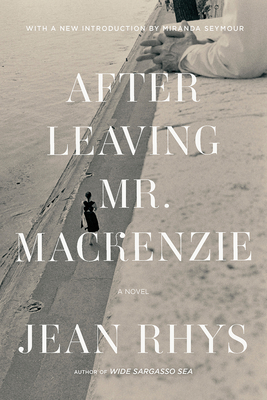Abaixo é apresentado um instantâneo da página Web tal como apareceu em
21/05/2024 (a última vez que o nosso crawler a visitou). Esta é a versão da página utilizada na classificação dos resultados da pesquisa. A página poderá ter sido alterada desde a última vez que foi colocada em cache. Para ver as alterações (sem os realces),
aceda à página atual.


